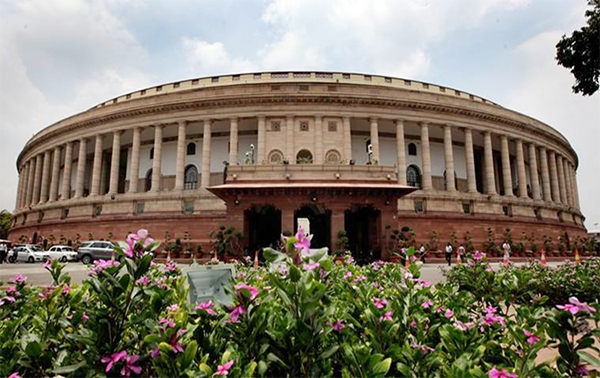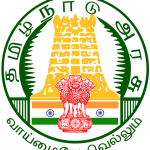- Social Justice and Empowerment Minister Virendra Kumar introduced the Constitution (127th Amendment) Bill, 2021 in the Lok Sabha on August 9, 2021. The bill seeks to restore the states¡¦ power to make their own OBC lists.
- In the statement of objects and reasons, the minister said in order to adequately clarify that the states and Union territories are empowered to prepare and maintain their own list of SEBCs (Socially and Educationally Backward Classes) and with a view to maintain the federal structure of this country, there is a need to amend Article 342A and make consequential amendments in articles 338B and 366 of the Constitution.
- According to the Constitution of India, Articles 15(4), 15(5) and 16(4) confer power on a state to identify and declare the list of socially and educationally backward classes. As a matter of practice, separate OBC lists are drawn up by the Centre and each state concerned.
Why is the 127th Constitution Amendment Bill needed?
- The amendment was necessitated after the Supreme Court in its Maratha reservation ruling in May, 2021 upheld the 102nd Constitutional Amendment Act but said only the president, based on the recommendations of the National Commission for Backward Classes (NCBC), would determine which communities would be included on the state OBC list.
- “In the task of identification of SEBCs, the President shall be guided by the Commission set up under Article 338B; its advice shall also be sought by the state in regard to policies that might be framed by it. If the commission prepares a report concerning matters of identification, such a report has to be shared with the state government, which is bound to deal with it, in accordance with provisions of Article 338B. However, the final determination culminates in the exercise undertaken by the President (i.e. the Central Government, under Article 342A (1), by reason of Article 367 read with Section 3 (8) (b) General Clauses Act),” the judgment read.
- “The states¡¦ power to make reservations, in favour of particular communities or castes, the quantum of reservations, the nature of benefits and the kind of reservations, and all other matters falling within the ambit of Articles 15 and 16 ¡V except with respect to identification of SEBCs, remains undisturbed,” it said.
- The 102nd Constitution Amendment Act of 2018 inserted articles 338B, which deals with the structure, duties and powers of the National Commission for Backward Classes, and 342A that deals with the powers of the president to notify a particular caste as an SEBC and the power of Parliament to change the list. Article 366 (26C) defines SEBCs.
- The amendment is necessary to restore the powers of the state governments to maintain a state list of OBCs which was taken away by a Supreme Court’s interpretation. If the state list gets abolished, nearly 671 OBC communities would lose access to reservations in educational institutions and in appointments. This would adversely impact nearly one-fifth of the total OBC communities.

Why did the Supreme Court intervene?
- On May 5, 2021 a five-judge Constitution bench of the Supreme Court, headed by Justice Ashok Bhushan, had unanimously set aside a Maharashtra law granting quota to Marathas and refused to refer the 1992 Mandal verdict that put a 50-per cent cap on reservation to a larger bench.
- “We have found that no extraordinary circumstances were made out in granting separate reservation of Maratha Community by exceeding the 50 percent ceiling limit of reservation. This act violates the principle of equality as enshrined in Article 16. The exceeding of ceiling limit without there being any exceptional circumstances clearly violates Article 14 and 16 of the Constitution which makes the enactment ultra vires,” the verdict said.
- It must be noted that at least three other states ¡X Tamil Nadu, Haryana and Chhattisgarh ¡X have introduced quotas that breach the total 50 percent ceiling while some others, including the likes of Rajasthan, Gujarat, Karnataka and Jharkhand have asked the Supreme Court to hike the quota ceiling.
What is the procedure to get 127th Constitution Amendment Bill passed?
- An amendment of the Constitution can be initiated only by the introduction of a bill in either House of Parliament. The bill must then be passed in each House by a majority of the total membership of that House and by a special majority of not less than two-thirds of the members present and voting. In case of disagreement between the two Houses, there is no provision for a joint sitting.
- If the amendment seeks to make any change in any of the provisions mentioned in the provision to Article 368, it must be ratified by the Legislatures of not less than one-half of the states. Although there is no prescribed time limit for ratification, it must be completed before the amending bill is presented to the president for his assent




